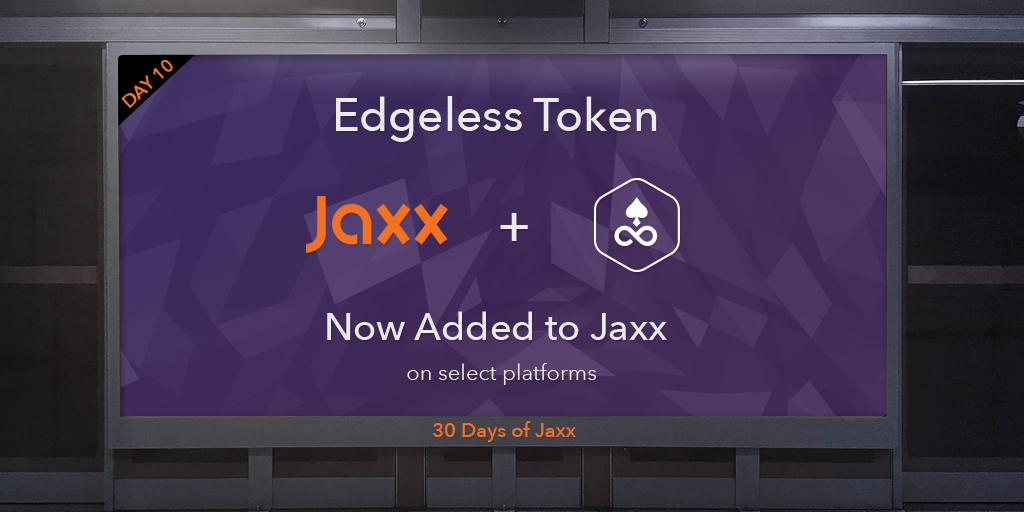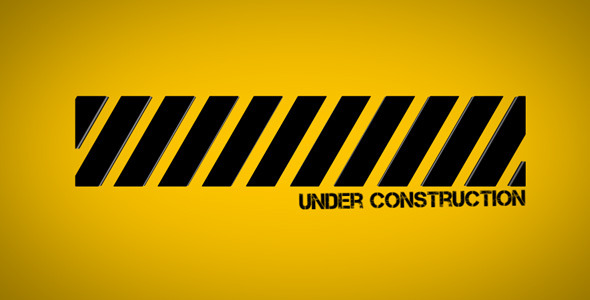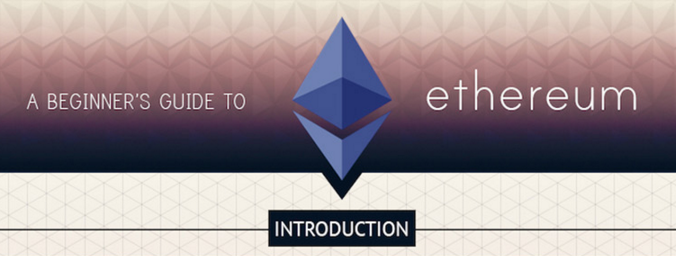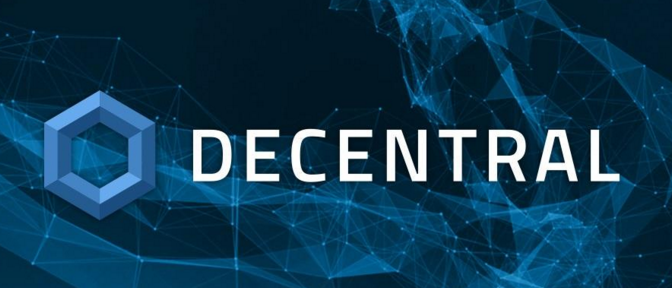For many, especially individuals content with the status quo, it is unfathomable to predict the progress of future technology. For others, the idea of using decentralized strategies to further our technological autonomy has fueled ambition to create new and disruptive technologies.
For example, the blockchain is a technology that allows databases to be shared across a network of computers. Information on the blockchain exists on all computers (or nodes) on the network, and each block represents an up-to-date record of whatever information is being stored. The first and best-known application of the blockchain to date is the digital currency Bitcoin. However, the technology has many other potential uses, some that could have the capacity to reframe our social relations and power dynamics. The blockchain’s ability to facilitate transparency and disintermediate trust suggests blockchain adoption will bring on a paradigm shift in our culture.
So what do innovations like these mean to technophobes or people not particularly well-versed in technology? Disruptive technologies like the blockchain could mean that individuals no longer have to rely on a centralized authority to control social, economic, and even political transactions. This realization has gained the attention of the following celebrities who have been able to help close the gap between tech fanatics and mainstream populations:
1) Ashton Kutcher
The actor, producer, and now investor, has had his fair share of success acting in films such as No Strings Attached and The Butterfly Effect, along with TV roles in Two and a Half Men and Netflix original The Ranch. Kutcher, who co-founded his own venture capital firm in 2010, A-Grade Investments, has been a longtime fan of blockchain technology and Bitcoin. In a 2013 video, Kutcher spoke at TechCrunch Disrupt NY about the power of decentralized technology:
“…what can decentralized technology do? Imagine if we could decentralize [the] issue of security… the notion that we could civically monitor each other in an anonymous way actually keeps the anonymity of the Internet, we don’t have to worry about Big Brother and that same infrastructure that built out bitcoin could be used in the security industry for mass good.”
Kutcher also sees the political value of blockchains — especially with regards to proposals by two of the current US Presidential candidates for remittance policies that would obstruct migrant workers’ abilities to send money to their home lands.
Kutcher’s advocacy as a leader in disruptive technology could encourage a growing number of people to embrace blockchain technology and cryptocurrencies. It’s what celebrities do best — create trends and start conversations on these topics.
2) Akon
Recording artist and producer, Akon, has been a vocal supporter of blockchain technologies and cryptocurrency. When he is not making hits, he is busy doing philanthropic work. Most recently, he helped provide electricity to over 600 million individuals across Africa. Through his cryptocurrency advocacy, Akon has been a proactive voice for reclaiming personal autonomy through technology.
From promoting Bitcoin and digital currencies in his home country of Senegal, as well as across West Africa, Akon is hopeful for the future of charities and other initiatives. As he explains:
“Digital currency is going to be the future, and as you can see I can’t remember the last time I carried a wad of dollars in my pocket…there’s all these new innovative ideas, but one in particular, by the name of bitcoin… [it’s] going to change the world from a money transactional standpoint not just for Africa, but for everywhere.”
The message is clear: financial systems, as we know them, are changing. Blockchain technology has the potential to streamline access to financial services, override corporate influence and open up new markets wherever wealth disparity exists. This is not to say that this technology will immediately or permanently solve global economic inequality, but it throws a wrench into the system, empowering those who wouldn’t have had the chance to be prosperous. Celebrities like Akon are helping to make this happen.
3) Imogen Heap
As the only female artist to have won a Grammy award for engineering, the “Hide and Seek” singer has always been a leader in tech innovation in the music industry. For example, Heap invented and designed musical gloves to manipulate sounds with hand gestures that can be used to produce music.
Now, Heap has embraced Ethereum (co-founded by Decentral’s CEO Anthony Di Iorio), a decentralized blockchain platform that can execute peer-to-peer “smart” contracts. By working with coders to develop a publishing method that is provably transparent, Ethereum can automatically distribute payment for sales of all copyrighted content, essentially eliminating the need for a middleperson or centralized authority. Her Dapp (decentralized app), Mycelia by Heap, will allow individual components of songs (such as a beat or a hook) to be licensed and monetized, with the owner of the content losing less (or none) of their revenue to corporate rentiers.
This concept isn’t restricted to music. Since the digital age, creative industries such as books, films, and visual art have experienced a loss of control over their content. When physical properties get digitized, they can be reproduced and shared by a global audience without creators receiving revenues from it. With the blockchain, respect for artistic property is being reclaimed and Imogen Heap wants to be the leader of the revolution. Her single “Tiny Human,” which is only available for purchase with ether (the fuel that powers the Ethereum network), is solidifying Heap as a foremost innovator of music distribution using blockchain technology.
4) Richard Branson
Entrepreneur and billionaire Richard Branson has also been an avid promoter of Bitcoin and blockchain applications. In addition to acting as an advocate for cryptocurrencies and disruptive technologies, he has invested in cryptocurrency companies (e.g. BitPay), hosted an exclusive digital currency conference on his own private island, and onramped Bitcoin as an accepted form of payment for his space travel initiative, Virgin Galactic. In a discussion with Argentinian President, Mauricio Macri, Branson outlines how Bitcoin can offer individuals:
“Greater levels of control, freedom and scrutiny over what happens with our money, Bitcoin addresses these concerns and that is why so many people believe it represents the future. While many of us are excited about the possibilities Bitcoin has to offer, I’m not sure any of us would argue that it comes without problems.”
An extremely powerful and a high-profile celebrity, Branson can use his fame to spark overdue and meaningful conversations with decision-makers about cryptocurrencies and disruptive technology and, in turn, explore applicable use-cases.

5) Mike Tyson
Boxing bad boy Mike Tyson has been an avid participant in the Bitcoin revolution. Working in partnership with Bitcoin Direct, Tyson recently unveiled two Bitcoin-related initiatives: Mike Tyson Bitcoin, a Bitcoin ATM, and a digital wallet, the Mike Tyson Digital Wallet. Underlying both products is Tyson’s interest in increasing awareness about Bitcoin and encouraging non-specialists to use the cryptocurrency. As a celebrity, Tyson is interested in using his celebrity status to promote discussions about Bitcoin and its potential to incite positive change:
“People don’t really understand a currency based on numerical equations. I personally still don’t … but I’m grateful to be a part of the revolution and hoping that my participation in this space will lead to more conversations and help increase knowledge and awareness.”
While Tyson’s initiatives are still in their relative infancy, such endeavours offer insights into Bitcoin and blockchain technology test-cases. By investing in products aimed at non-specialists, celebrities like Tyson make accessible what may otherwise come across as exclusive or obscure technologies.
Disruptive and decentralized technologies are the future and we have just begun the journey. As more and more familiar faces get on board with blockchain technology, the gap between the tech industry and mainstream culture should definitely begin to narrow. Can you imagine our current society without the influence of the Internet? Neither can we. It’s everywhere. The question is, will blockchain technology be the next Internet, and what will its capabilities and influence be? All we know is that the future is here and it’s knocking on our doors. Will you let it in?
*
To
learn more about Ethereum, check out its website here:
www.ethereum.org
Matthew Brown is the Event and Marketing Coordinator at Decentral. He hopes to apply his studies in cyber anthropology toward blockchain technology. An avid networking enthusiast and social butterfly, you can find Matthew at all
DEC_TECH meetups, the upcoming
Blockchain World Expo and other events hosted by Decentral.
Picture of Ashton Kutcher courtesy of David Shank












 Made in Canada
Made in Canada